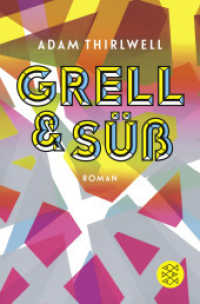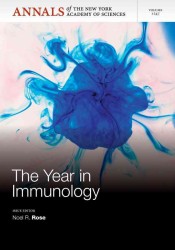- ホーム
- > 洋書
- > 英文書
- > Biography / Autobiography
Full Description
Having penned hundreds of letters to his family over four decades, Freeman Dyson has framed them with the reflections made by a man now in his nineties. While maintaining that "the letters record the daily life of an ordinary scientist doing ordinary work," Dyson nonetheless has worked with many of the twentieth century's most renowned physicists, mathematicians, and intellectuals, so that Maker of Patterns presents not only his personal story but chronicles through firsthand accounts an exciting era of twentieth-century science.
Though begun in the dark year of 1941 when Hitler's armies had already conquered much of Europe, Dyson's letters to his parents, written at Trinity College, Cambridge, often burst with the curiosity of a precocious seventeen-year-old. Pursuing mathematics and physics with a cast of legendary professors, Dyson thrived in Cambridge's intellectual ferment, working on, for example, the theory of partitions or reading about Kurt Gödel's hypotheses, while still finding time for billiards and mountain climbing. After graduating and serving with the Royal Air Force's Bomber Command operational research section, whose job it was "to demolish German cities and kill as many German civilians as possible," Dyson visited a war-torn Germany, hoping through his experience to create a "tolerably peaceful world."
Juxtaposing descriptions of scientific breakthroughs with concerns for mankind's future, Dyson's postwar letters reflect the quandaries faced by an entire scientific generation that was dealing with the aftereffects of nuclear detonations and concentration camp killings. Arriving in America in 1947 to study with Cornell's Hans Bethe, Dyson continued to send weekly missives to England that were never technical but written with grace and candor, creating a portrait of a generation that was eager, as Einstein once stated, to solve "deep mysteries that Nature intend[ed] to keep for herself."
We meet, among others, scientists like Richard Feynman, who took Dyson across country on Route 66, Robert Oppenheimer, Eugene Wigner, Niels Bohr, James Watson, and a young Stephen Hawking; and we encounter intellectuals and leaders, among them Reinhold Niebuhr, George Kennan, Arthur C. Clarke, as well as Martin Luther King, Jr.
The "patterns of comparable beauty in the dance of electrons jumping around atoms" invariably replicate themselves in this autobiography told through letters, one that combines accounts of wanton arms development with the not-inconsiderable demands of raising six children. As we once again attempt to guide society toward a more hopeful future, these letters, with their reenactment of what, at first, seems like a distant past, reveal invaluable truths about human nature.







